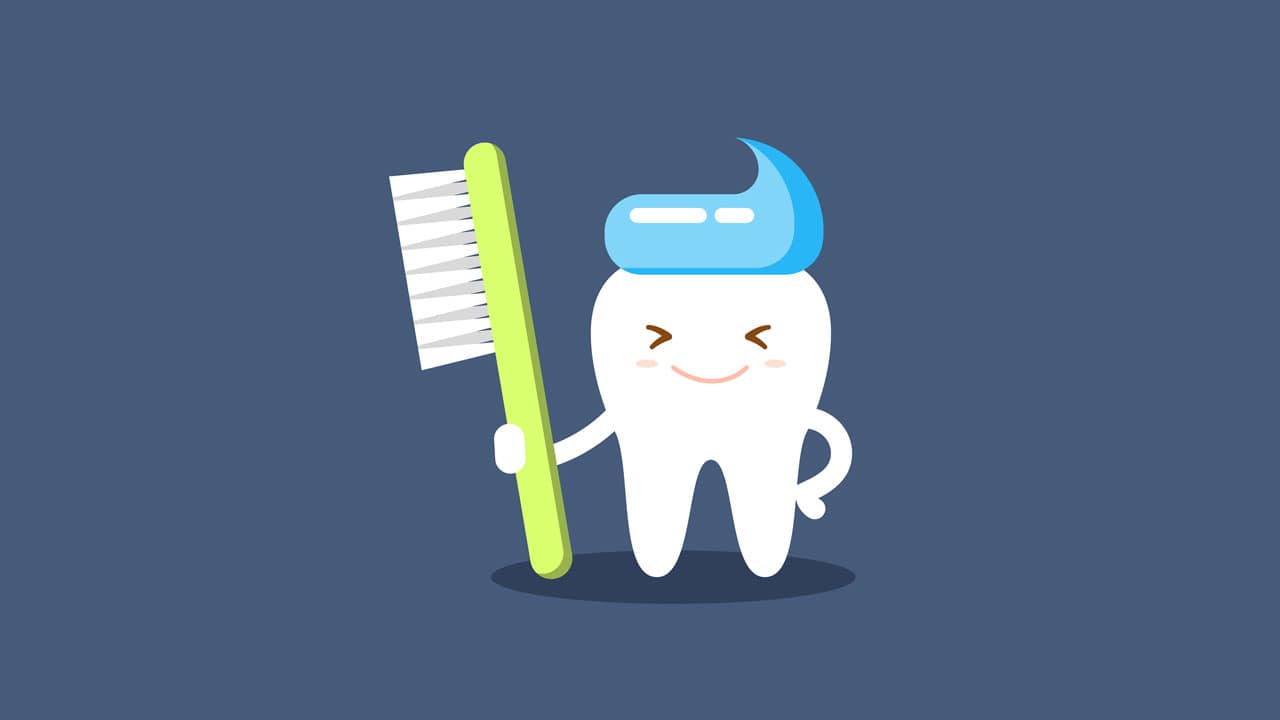
Your oral health is our top priority, but unfortunately we can’t always be around to make sure you’re taking good care of your teeth and gums! From the ins and outs of a good oral hygiene routine to facing your fear of the dentist, here are ten things your dentist wants you to know to keep your mouth in good health.
1. If you’re afraid of the dentist, we can help!
We understand that many people suffer from dental anxiety, and we want to help! By telling us about your fear of the dentist, we can adjust the way you are treated and communicate with you every step of the way. We also welcome you to bring in headphones or earplugs in case the sound of the drill causes added stress.
2. Bleeding gums are not normal.
So many patients believe their gums are bleeding as a result of brushing or flossing too hard. However, this is not usually the case! In most instances, bleeding gums is indicative of inflammation caused by gingivitis. Gingivitis is an infection of the gums, and can lead to gum disease if ignored for too long.
3. It is not enough just to floss right before your appointment!
We all know the inclination to hastily floss just before your dentist appointment. However, your dentist can tell if you’re not a regular flosser just by looking at the gum tissue! There are so many reasons to floss every night. It helps to prevent gingivitis, tooth decay, and even bad breath. To make flossing more of a habit, try setting a reminder alert in your phone to floss each night. Your teeth and gums will thank you for it!
4. It is important for young children to see the dentist too— even toddlers!
Your child’s baby teeth are important for many reasons. They help form a path for the adult teeth to follow, and they are critical for the development of speech and chewing mechanisms. To protect these important teeth from decay, we recommend that you schedule your child’s first appointment as soon as their teeth begin to erupt, but no later than their first birthday.
5. Don’t forget to change your toothbrush!
Did you know that, according to the American Dental Association, you should be swapping out your toothbrush every three months? This helps to ensure your toothbrush is cleaning your teeth effectively, and also protects you from the build-up of bacteria that lingers in the bristles. If you’re not certain of when you last changed out your toothbrush, just look to the bristles. If they appear frayed, then it is probably time for a new one.
6. Root canals are actually not painful.
While many people believe the root canal procedure is incredibly painful, this is actually not the case! With modern technology and anesthesia, a root canal is no more painful than your average filling—you won’t feel a thing! In fact, many people feel more pain as a result of the infection, and experience great relief from the procedure.
7. It’s very important to have a routine dental visit at least every six months!
According to the American Dental Association, it is highly recommended that you visit your dentist every six months. This is critical for helping you prevent a variety of serious oral health issues, including gum disease and tooth decay. By visiting your dentist regularly, we can track your oral health and catch any illness in its earliest stages!
8. However, if you’re experiencing any of these symptoms, you may need to come in sooner.
While visiting every six months is a good way to keep oral health issues like gum disease at bay, there may be some instances in which you need to come into the office a bit sooner. Be certain to give our office a call if any of these symptoms crop up:
- Inflamed or bleeding gums, even when you brush or floss
- Tooth sensitivity to heat or cold
- A restoration (fillings, crowns, etc.) breaks or dislodges
- A broken or damaged tooth
- Halitosis (also known as bad breath) or a persistent bad taste in your mouth
- Pain or swelling in your mouth, neck, or face
- Dry mouth or mouth breathing in your sleep
- Jaw pain or popping when chewing, opening/closing your mouth, upon first waking up
- An uneven bite
Any of these symptoms can be indicative of a more serious oral health issue, and should be addressed as soon as possible!
Ready for your next visit to the dentist? Contact Caputo Dental in Naperville today to schedule your next appointment!